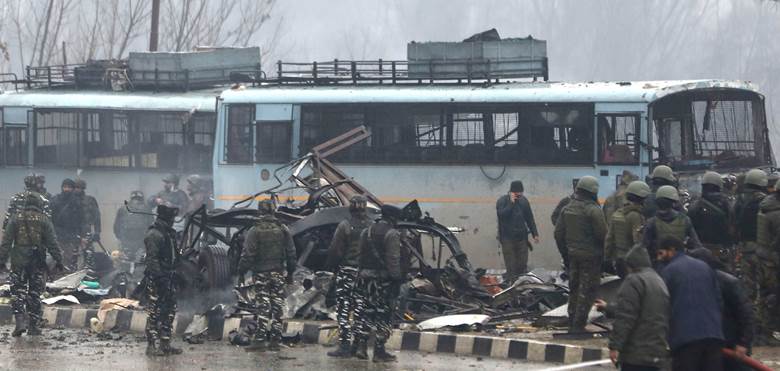PLACING A HOLD BY THE CHINESE

Copyright infringement not intended
Context: China placed a “hold” on a joint India-U.S. proposal, to designate Lashkar-e-Taiba commander Shahid Mehmood under the United Nations Security Council’s (UNSC) 1267 list of terrorists affiliated to Al Qaeda and ISIS.
Details:
- The hold marked the fourth time China had attempted to block a listing move by India and the U.S. in the past four months.
What does “placing a hold” mean?
- The 1267 committee that was set up in 1999 (updated in 2011 and 2015) allows any UN member state to propose adding the name of a terrorist or terror group to a consolidated list, maintained by the Committee, that has affiliations to Al Qaeda and ISIS.
- India has successfully proposed the listing of several terror entities in the past two decades, including Pakistan-based Jaish-e-Mohammed (JeM) and Lashkar-e-Taiba.
- According to the rules, once a listing is proposed, it will be adopted into the list according to a “no-objections” procedure: which means, if any member of the Committee, which comprises all members of the UN Security Council, places a hold on the listing or objects outright to it, the listing cannot be adopted.
- As a permanent member of the UNSC, China can do this any number of times as its term doesn’t run out, and it carries a veto vote.
- The Committee is bound to resolve all such pending issues within six months, but can allow extensions, meaning that technically at the end of the six-month period, the “holding” country has to decide whether to accept the listing or place a permanent objection to it.
- However, in practice, many of the listing proposals have had prolonged waits.
What are the reasons China has given for holding the listings?
- Since 2001, China has placed holds on a number of listing proposals relating mainly to Pakistan-based groups and their leaders, given the close bilateral ties between the two countries.
- Chinese Ambassador to India Sun Weidong said they needed “some time to study these specific cases, but that doesn’t mean China has changed its position on counter-terrorism cooperation efforts.”
- In addition, it is possible that China objects to the listing proposals being brought by a group of countries, especially the joint proposals by India and the U.S. rather than by India alone, but has never given any comprehensive reason for the holds.
Does India have options?
- As a UN member state, Pakistan has an obligation under the sanctions to block access for all designated entities to funds, arms and travel outside its jurisdiction.
- This is something India has also pursued with the Paris-based Financial Action Task Force, where Pakistan was placed on a “grey list” due to its inability to curb terror financing and money laundering from 2012-2015 and 2018-2022.
- Finally, India and the U.S. have built their own separate list of “most wanted” terrorists that document the cases against them, with a view to eventually receiving global cooperation on banning them.
https://epaper.thehindu.com/Home/ShareArticle?OrgId=GQBADR3RE.1&imageview=0




1.png)
